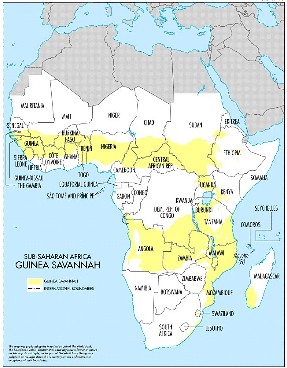I recently had a look around the Santa Fe Institute website in order to see whether anyone there was seriously attempting to apply complex systems research to understanding capitalism, and the current economic crisis. ( links below.)
My reason for taking a look is that SFI is a major centre of cross disciplinary research into complexity, and I was wondering whether anyone there was taking a serious look at capitalism from that perspective. I think that sort of work would have to be valuable, regardless of the fact that it would be commissioned by capitalists wanting to find a way to keep capitalism on its feet, rather than with the intent of demonstrating that the system is mortal.
The reason that “The Austrians” do have a certain appeal, relative to the fundamentally mechanistic approach of the Keynsians, and most of the neo-classical economists is that they have some idea that disequilibrium is an intrinsic part of capitalism. What they just can’t comprehend is the idea that this very disequilibrium (and associated dynamism) can’t help but drive the system to a whole new level in which the continued ownership of the means of production will become something which very clearly stands in the way of what excites them about capitalism.
However, although we can say this, there is still a large amount of hand waving involved (especially when I say it!). In order to engage in serious debate with people who are in favour of progress but see capitalism as the best driver of this, we need to be able to engage in detailed argument at a much higher level.
Contrary to the straw man view of socialism which the Austrians have no great difficult in knocking down, I think we need to argue that socialism would not be a system without disequilibrium . Although I just don’t know enough to be able to produce a coherent account of how a socialist economy would actually work, philosophically I’m of the view that any system in permanent equilibrium would have to be a stagnating one. That of course is exactly the basis of the economic attack on socialism from the Austrians …. that it wouldn’t work because it would be a clunky top-down system driven by a rigid central plan, rather than a living, dynamic one.
Continue reading ‘“Capitalism: Utopian and Scientific”’










Recent Comments